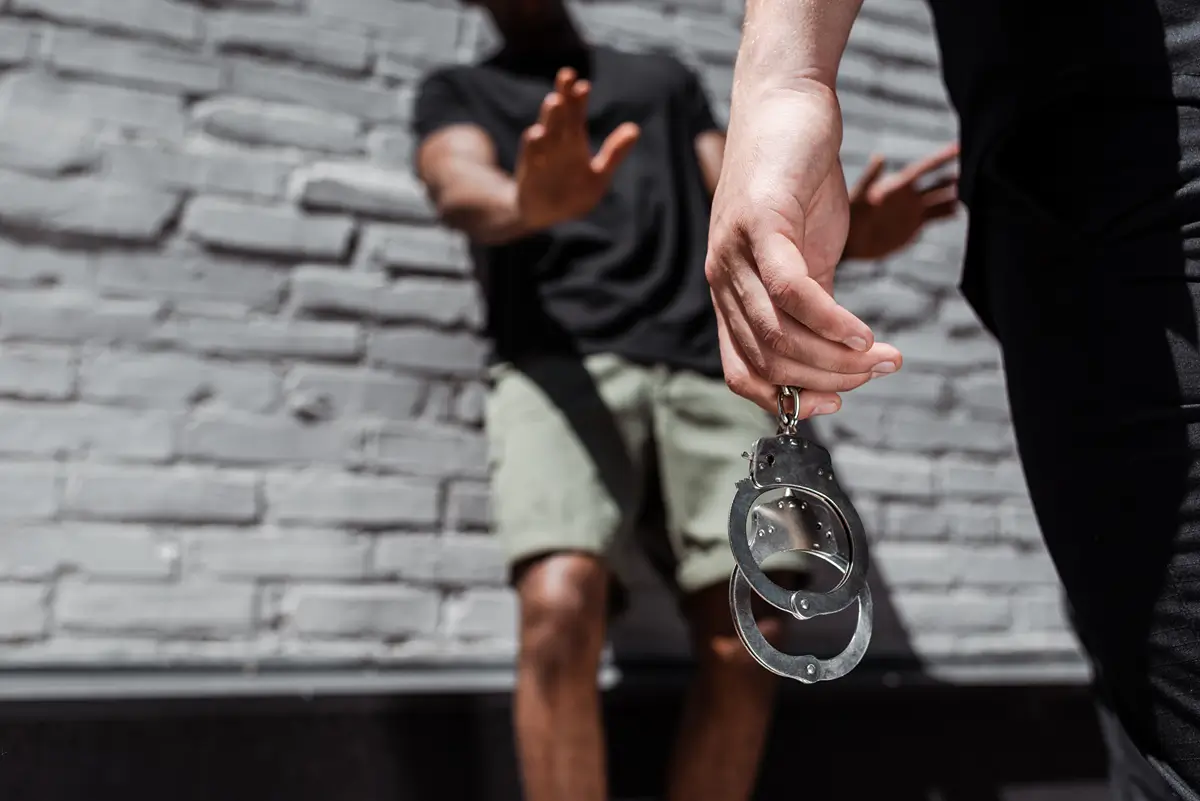Hollywood movies and TV shows, social media, a camera, and Internet access in every hand have all contributed to the rise of greater awareness and misunderstanding of the behavior of law enforcement officers and court proceedings. This notion sparked an idea. I asked listeners to our podcast, Closing Arguments, (the link is at the end of this blog) to send us any questions they had about the legal system. The response was overwhelming. In fact, what happened was that certain questions were asked so frequently that I was able to sort them into sections that literally fell into the topic of “myths” a.k.a. a widely held but false belief or idea. I decided to debunk some of the more common myths and hopefully bring greater clarity to some of the misunderstood “rights” of both citizens and law enforcement. Because the truth is that when it comes to law enforcement, what you don’t know can hurt you.
I am covering the top three myths about police officers and courtroom myths, along with the best and the biggest myth of all.
Three Common Police Myths
#1: Do the police have to read me my rights before speaking to me?
The short answer is no. Police officers only have to read you your rights if you are the subject of a custodial investigation. The whole notion behind reading rights involves whether you are free to leave or not. So many people tell me that when they were arrested for DUI or the got stopped for speeding, the police officer didn’t read them their rights. The fact is that anyone who is arrested always has the right to remain silent.
#2: Do police have to tell me if they are working undercover?
Absolutely not. I am not sure where this came about but revealing if a police officer is working undercover would jeopardize whatever is being investigated. Police officers are working under cover for a reason.
#3: Do police have to be honest with me?
The answer to this one is a little more complicated. The short answer: While they can’t blatantly lie, the police don’t have to tell you the truth. Police are taught to interrogate in a way that gets answers out of people. So it might seem like they are lying but they may not be telling the whole truth. That’s why it’s important not to go into an interrogation without a lawyer present.
Three Common Courtroom Myths
#1: You are entitled to three plea offers
Someone in a jail cell must have written this statement on the bathroom wall! Every attorney has heard this from a client who is incarcerated. This statement is false. You are not constitutionally entitled to any plea offers.
However, there can be a back and forth between attorneys and prosecutors, but by no means a guarantee. Sometimes attorneys and prosecutors come to a plea agreement immediately. Sometimes it takes much longer. Sometimes never. Once again, no guarantees.
#2: You are entitled to three continuances
You are allowed continuances at the discretion of the court. The courts are overloaded with cases, so typically if the defense attorney requests a continuance it’s granted. However, the
court can deny a continuance if they think the case has been around too long. A continuance can also be denied if the court doesn’t believe the request for continuance is in good faith. The court will allow as many continuances as the judge considers necessary. There is no magic number.
#3: Do warrants eventually go away?
No. You simply cannot outrun a warrant. The fact is that the longer it takes to arrest someone may be better for their case because guilt becomes more difficult to prove. People move, die, and forget details.
The Biggest Myth Of All: Hiring An Attorney Makes You Look Guilty
This myth is one that can hurt more than any of the others. Truth be told, the only people who have attorneys are smart people. Every company has attorneys on staff. Most people of means keep an attorney on retainer. Life is complicated and an attorney acts as a shield for you.
I’ve already established that It’s not good to be questioned by a police officer without an attorney present. Without an attorney present, chances are you’ll talk yourself into greater trouble. Hiring an attorney is not a sign of guilt. It’s a sign of intelligence.
For a full breakdown on the myths covered in our recent episode of Closing Arguments, you can catch everything via the following link:
https://www.youtube.com/watch?v=PjBuEo6JN18






